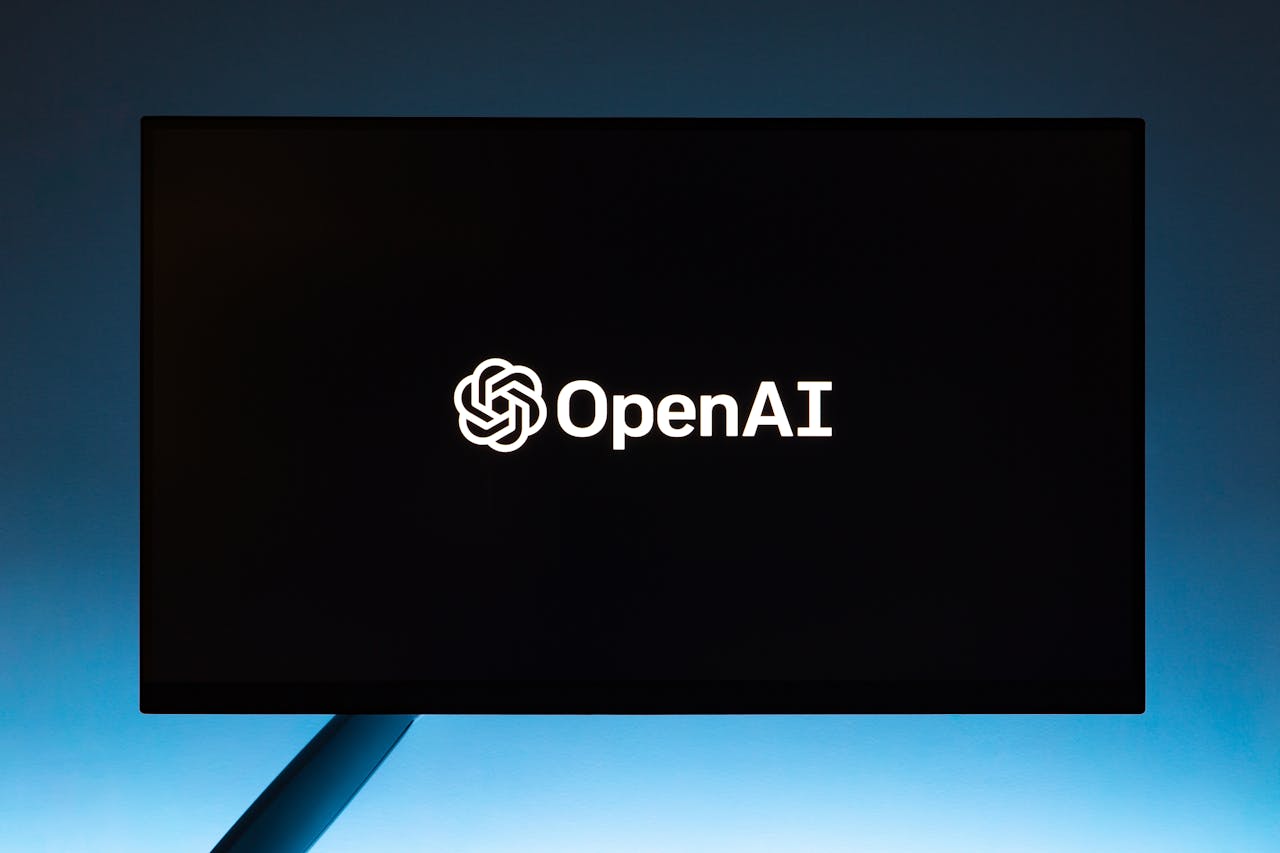OpenAI has reversed course on a major restructuring plan, announcing that its nonprofit parent will retain control over the company, limiting CEO Sam Altman’s authority. The move follows criticism and legal pressure, including a lawsuit from co-founder Elon Musk, who alleges OpenAI has abandoned its original mission of developing AI for public benefit.
Previously, OpenAI planned to transition its for-profit arm into a public benefit corporation (PBC), which would reduce nonprofit control to raise more capital. On Monday, Altman confirmed in a blog post that OpenAI will remain under nonprofit oversight, which fully owns the for-profit entity. The nonprofit will still become a major shareholder in the PBC but retain governance authority.
OpenAI cited feedback from civic leaders and discussions with state regulators as key reasons for the pivot. Board Chair Bret Taylor said the new structure will remain “extremely close” to the current model. Altman called it a compromise that satisfies investors while preserving OpenAI’s mission to develop artificial general intelligence (AGI) for the benefit of humanity.
Despite the change, OpenAI will continue seeking capital, including a reported $40 billion funding round led by SoftBank at a $300 billion valuation. Altman noted this decision would not alter existing investor relationships or Microsoft’s involvement.
However, critics argue the plan lacks transparency. Former policy adviser Page Hedley raised concerns about whether OpenAI’s for-profit goals will legally remain subordinate to its nonprofit mission.
Musk’s lawsuit, which seeks to block OpenAI’s shift toward profit-making, will continue, with a trial set for March 2026. A Musk-led group also made a $97.4 billion offer to acquire OpenAI, which Altman rejected.
The controversy underscores the ongoing tension between profit-driven AI development and preserving ethical oversight in AGI advancement.



 SoftBank Shares Slide After Arm Earnings Miss Fuels Tech Stock Sell-Off
SoftBank Shares Slide After Arm Earnings Miss Fuels Tech Stock Sell-Off  Google Halts UK YouTube TV Measurement Service After Legal Action
Google Halts UK YouTube TV Measurement Service After Legal Action  Australian Scandium Project Backed by Richard Friedland Poised to Support U.S. Critical Minerals Stockpile
Australian Scandium Project Backed by Richard Friedland Poised to Support U.S. Critical Minerals Stockpile  U.S. Condemns South Africa’s Expulsion of Israeli Diplomat Amid Rising Diplomatic Tensions
U.S. Condemns South Africa’s Expulsion of Israeli Diplomat Amid Rising Diplomatic Tensions  SpaceX Pushes for Early Stock Index Inclusion Ahead of Potential Record-Breaking IPO
SpaceX Pushes for Early Stock Index Inclusion Ahead of Potential Record-Breaking IPO  Panama Supreme Court Voids CK Hutchison Port Concessions, Raising Geopolitical and Trade Concerns
Panama Supreme Court Voids CK Hutchison Port Concessions, Raising Geopolitical and Trade Concerns  US Judge Rejects $2.36B Penalty Bid Against Google in Privacy Data Case
US Judge Rejects $2.36B Penalty Bid Against Google in Privacy Data Case  Nvidia CEO Jensen Huang Says AI Investment Boom Is Just Beginning as NVDA Shares Surge
Nvidia CEO Jensen Huang Says AI Investment Boom Is Just Beginning as NVDA Shares Surge  Federal Judge Restores Funding for Gateway Rail Tunnel Project
Federal Judge Restores Funding for Gateway Rail Tunnel Project  Nintendo Shares Slide After Earnings Miss Raises Switch 2 Margin Concerns
Nintendo Shares Slide After Earnings Miss Raises Switch 2 Margin Concerns  Anthropic Eyes $350 Billion Valuation as AI Funding and Share Sale Accelerate
Anthropic Eyes $350 Billion Valuation as AI Funding and Share Sale Accelerate  Tencent Shares Slide After WeChat Restricts YuanBao AI Promotional Links
Tencent Shares Slide After WeChat Restricts YuanBao AI Promotional Links  Newly Released DOJ Epstein Files Expose High-Profile Connections Across Politics and Business
Newly Released DOJ Epstein Files Expose High-Profile Connections Across Politics and Business  Elon Musk’s Empire: SpaceX, Tesla, and xAI Merger Talks Spark Investor Debate
Elon Musk’s Empire: SpaceX, Tesla, and xAI Merger Talks Spark Investor Debate  Minnesota Judge Rejects Bid to Halt Trump Immigration Enforcement in Minneapolis
Minnesota Judge Rejects Bid to Halt Trump Immigration Enforcement in Minneapolis  Jensen Huang Urges Taiwan Suppliers to Boost AI Chip Production Amid Surging Demand
Jensen Huang Urges Taiwan Suppliers to Boost AI Chip Production Amid Surging Demand 































